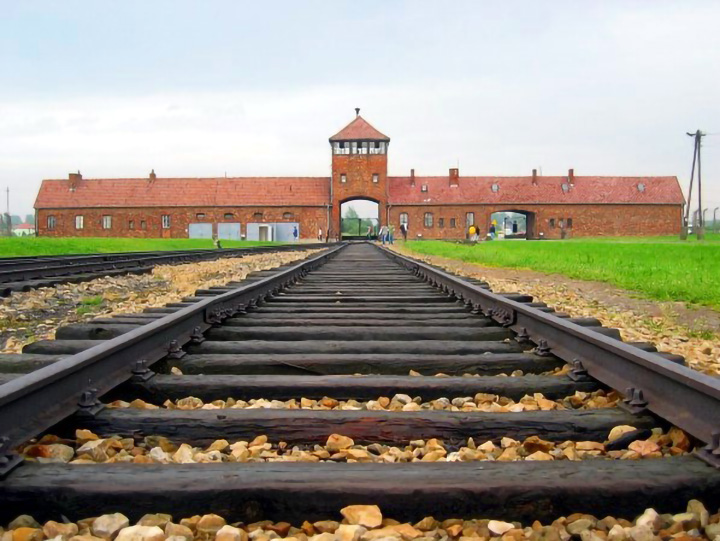“I'm sad that my life began during the most horrible war that humanity has ever known, and my life will probably end during the most horrible pandemic we have ever known,” said Hadassah, an elderly Holocaust survivor in Israel. “With every day that passes, I fear that I'm missing out on life”.
The Fellowship volunteers had come to deliver aid and to offer companionship to break through Hadassah’s loneliness and isolation, but we didn’t expect to hear this. The depth of her fear for the future, and the despair in her voice, truly took all of us aback. The level of deprivation Hadassah has experienced both early in her life, and now, in the twilight of her life is truly tragic. At this stage in life, we all left Hadassah's house in unified prayer; that she will survive yet another global challenge.
Maria, another Holocaust survivor The Fellowship provides for, shows that Hadassah’s experience is not unique. “I remember my childhood years, which were so difficult,” she said. “That time, a piece of bread was a huge gift. We were not living, we were surviving. I don’t want our children, our next generations, to face these challenges and struggle as we did. I only dream about peace in the world, that there will be no hunger, and no such illnesses as this terrifying virus.”
Hadassah and Maria lived through the Holocaust, the most devastating attack on the Jewish people in history, but definitely not the only one. The Jews have endured persecution for nearly 2,000 years, since the Holy Temple in Jerusalem was destroyed, and they were sent into exile. From Roman persecution in the first century, to the Crusades of the Middle Ages, to the Blood Libels and Pogroms of the 19th century, Jews have faced existential threats in nearly every generation. The cycle has often seemed endless and doomed to continually repeat itself.
Now, along with a resurgence in anti-Semitism, we see an attack that comes from a natural source a deadly virus that does not discriminate based on religion, race, or creed. But it still takes a devastating toll on people like Hadassah and Maria. Even under the best of circumstances, the elderly are more prone to loneliness as well as financial and physical difficulties. Now, they cannot even leave their homes. So they sit there alone, burdened by fear of the virus, by painful restrictions that have cut them off from the world, and by the painful memories that they know will never go away.
And yet, as I think of Hadassah and Maria’s plight, I remind myself that there are two things that are different today than at any other time in the last two millennia. The first is the existence of the State of Israel, the sovereign Jewish nation that provides a safe haven for all Jews.
The second is the steadfast friendship of millions of Christians around the world who speak up and act on behalf of the Jewish people and Israel. These friends not only help ensure a free and sovereign Israel; they help ensure that Israel’s most vulnerable people will be able to live their lives with a measure of dignity even now, when COVID-19 has sent the world into lockdown and plunged it into even deeper economic uncertainty.
This year on International Holocaust Remembrance Day, as we proclaim, “Never again,” let us remember that this phrase depends largely on us. With God’s help, light will overcome the darkness that threatens us all. It is our job to shine that light of love and illuminate our world with justice. It is our job to bring hope and healing to those who suffered untold terror early in their lives and now face a grim shadow of illness and isolation late in their lives. Together, let us pray for the day when all humanity will live together in peace, and all who live in need will be provided for and comforted.



